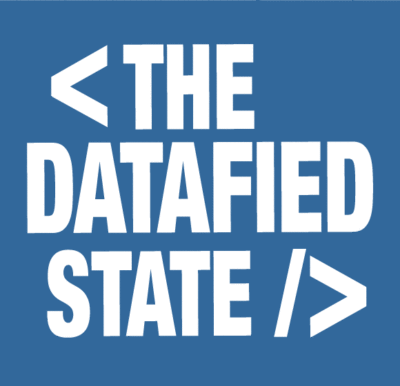You are invited to select up to two keywords from the list above. Please list them in order of preference with a short abstract (~250 words each) of how your prior research or other expertise prepares you to write about that keyword and how you plan to approach it. Additionally, we invite you to suggest one word that is *not* on the list that you think we should add to the collection, and explain why we should include it. Finally, we encourage you to collaborate with a first time or non-traditional coauthor who brings a distinct viewpoint, lived experience, or deeper grounding in the term. Doing so will help uplift more voices in this space and expand our shared community.
We plan to divide the collection into three parts. When writing a contribution, please indicate which of the following viewpoints you intend to take:
(1) High-level viewpoints: for conceptual clarification and etymological histories. This can include terms with ambiguous, multiple, or shifting definitions that are important for understanding the Datafied State.
(2) Viewpoints from within the Datafied State: for terms with currency and value within government.
(3) Viewpoints from outside of the Datafied State: for terms that represent a critique of government generally, the datafication of government specifically, or that are used to argue for alternatives.
If invited, we expect your contribution to have a definitional component as well as a clear point of view, and to incorporate important references with a citational justice perspective. Contributions can take any number of forms: yours might be an essay, a literature survey, or a story drawing from experience working within, outside of, or against the State.


